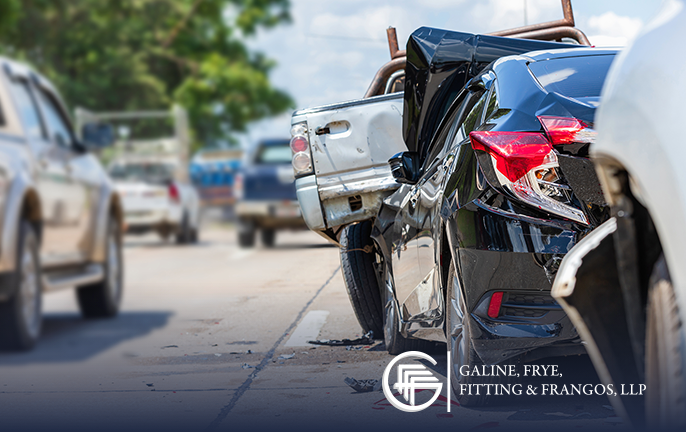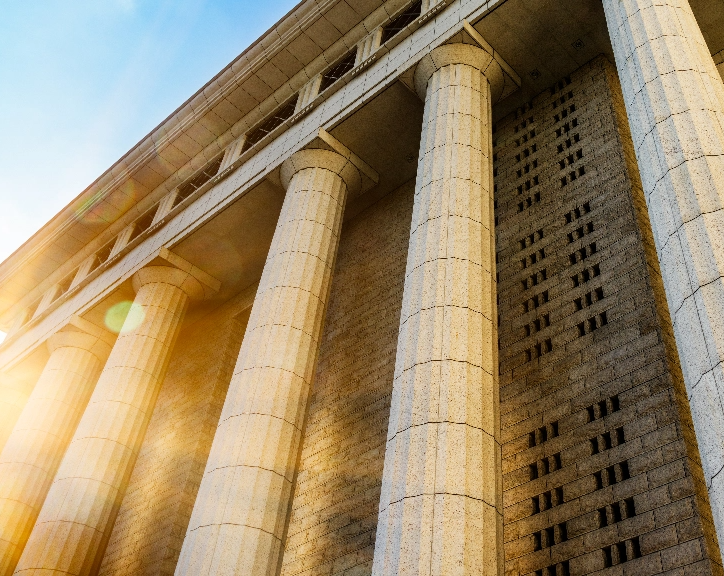News reports have revealed a new surge of COVID-19 cases. CNN reported that, on June 23, California logged more than 7,000 new cases. That was a new record. The old record? Just over 5,000… on June 22. It’s clear the dangers of COVID-19 aren’t going away anytime soon, and that may lead you to a question: what happens if I become infected as a result of visiting a store, restaurant or other establishment? Do I have any legal recourse for that business’s failure to protect me? Depending on the facts of your case, you may have a basis for a civil lawsuit, so it is worth your while to consult a knowledgeable San Mateo personal injury attorney if that happens to you.
In California, as in every other state, there’s something called premises liability law. This is the area of law that applies to things like “slip-and-fall” cases, “trip-and-fall” cases, swimming pool accidents or a bedbug lawsuit against a hotel. It can apply in most situations where someone responsible for a property failed to act in a reasonable manner to keep the property reasonably safe. If there was a hazard that posed a foreseeable risk of harm and the person or entity who owned, leased, managed or controlled that property knew or should have known about the danger, but failed to take proper steps to address the hazard or else to post proper warnings about the dangerous condition, then that’s potentially a case of premises liability.
In the circumstance of a COVID-19 infection, the hazard (the coronavirus) is obviously well-known in the general public, as is the potential risk of harm (infection.) Nevertheless, a successful case will still require the harmed individual to prove that this general knowledge met the law’s standard for actual notice or constructive notice on the part of the property manager.
Once you’ve cleared this requirement of “notice,” then you have to prove that the property owner/manager failed to act reasonably. Proof of this could include things like a failure to keep the property appropriately clean and sanitized and/or a failure to warn guests in a proper way.
Using info from the state or the CDC to show a lack of reasonable action
Information distributed by the federal government, the Centers for Disease Control and the government of California may be essential for establishing what is reasonable. For example, if a store fails to engage in thorough and regular cleaning of its premises or fails to put up clear signage encouraging guests to engage in social distancing (including marking six-foot distances between customers in potentially crowded areas like checkout lines,) then its failure to follow the commonly accepted methods of reducing the risk of transmission could potentially amount to proof of negligence.
Once you’ve proven negligence, then you may entitled to a variety of types of damages, including past and future medical bills, past and future lost wages, emotional distress and pain and suffering.
The law says that people are entitled to be reasonably safe when they enter the property of a business. When a business doesn’t live up to that – whether the hazard was a slippery floor, an unstable product display or possibly a contagious ailment – then you may be entitled to compensation after that failure hurt you. Reach out to the experienced premises liability attorneys at the Law Offices of Galine, Frye, Fitting & Frangos to consider your legal options. Our attorneys have many years of trial experience advocating on behalf of injured people, and are ready to get to work for you. To set up a free consultation with one of our skilled attorneys, contact us at 650-345-8484 or through our website.
If I Contract COVID-19 at a Business Establishment, Do I Have a Premises Liability Case under California Law?

